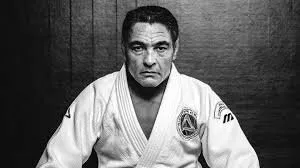The Comfort Zone Trap: Lessons from My BJJ Journey
In 1996, I had the incredible opportunity to discover Brazilian Jiu-Jitsu with none other than Rickson Gracie during a week-long seminar in Thonon-les-Bains.
That moment defined my early practice.
I’m part of the old school — those who spent years working on the foundations learned from that seminar. And even after discovering more advanced techniques later on, I realized that, in the end, we often circle back to the basics.
Every Coin Has Two Sides
Yet, within this stroke of luck, there was also a downside.
Rickson Gracie was surrounded by the myth of the invincible fighter — a living legend whose BJJ seemed untouchable.
I, like many others, became hypnotized by this image of an all-powerful BJJ, especially when compared to other martial arts.
The Problem with Beliefs:
When we hold onto a belief — particularly one that others also reinforce — we subconsciously do everything necessary to make it true.
For me, that meant staying firmly planted in my comfort zone — my zone of mastery — for years.
Why risk shattering the myth when I could play it safe?
The Closed Guard Dilemma
I’ll admit it — I had a solid closed guard. It was my stronghold.
But, man, it took me forever to open it.
Why?
Because opening my guard exposed me to risk — the chance of getting passed, of losing, of facing failure.
And in my mind, failure could crack the belief I had built around BJJ's invincibility.
🥋 The True Purpose of the Dojo
Over time, I realized something fundamental:
The dojo, in its literal sense, is the place where we study and seek the way.
It is not:
- A place for competition
- Nor is it the street
It is a laboratory — a place where:
- You lose
- You experiment
- You learn
So that when you do step into competition, you’re the best version of yourself.
🧠 The Prerequisite: Psychological Safety
But here’s the catch:
For real growth to happen, the dojo must be a space of psychological safety.
Because, yes, if a practitioner is mocked or judged after failing during training, they will:
- Avoid taking risks
- Stop trying new techniques
- And eventually plateau
This responsibility lies heavily on the shoulders of the coach.
A good coach:
- Fosters an environment where failure is part of the process
- Encourages students to step outside their comfort zones
- Ensures that the dojo remains a place of learning — not judgment
💬 A Reflection for All Practitioners
“The dojo isn’t a stage for feeding egos — it’s a sanctuary of learning, where every failure brings you one step closer to mastery.”
Looking back, it took me years to open my guard — not just physically, but mentally.
So here’s a question for you:
What beliefs are holding you back in your practice?
Have you dared to challenge them?
Drop your thoughts in the comments — let’s grow together. 👊

